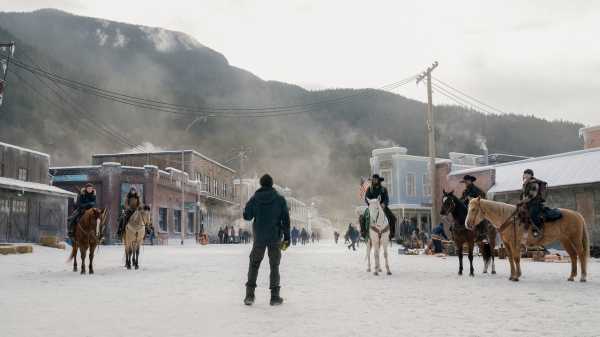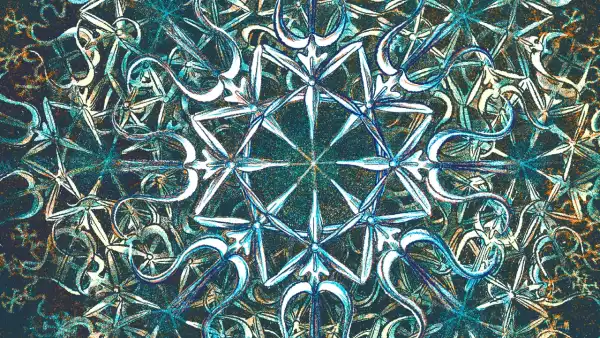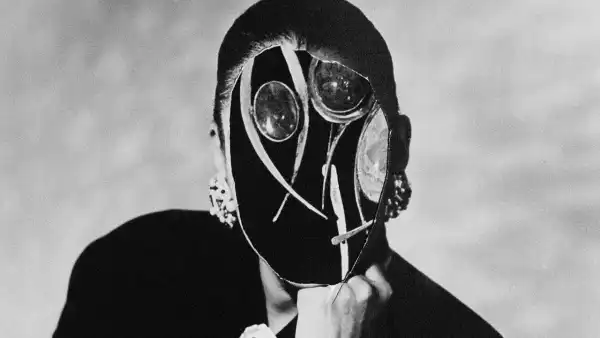
Save this storySave this storySave this storySave this story
On Sunday night, the post-apocalyptic drama “The Last of Us” had its grandest chapter to date. After the events of the first season, the HBO series’ dual protagonists—Joel (Pedro Pascal), a grizzled smuggler, and Ellie (Bella Ramsey), his impetuous surrogate daughter—decided to settle in Jackson, Wyoming, joining perhaps the only remaining human outpost governed by hope rather than by fear. The community boasted schools, horses, electricity, even a therapist: all rare commodities in the wake of the fungal pandemic that destroyed civilization as we know it some two decades prior. This week’s installment saw the pair’s safe haven decimated by a horde of the infected—hosts who’ve been hijacked by the fungus and reduced, effectively, to zombies—in an epic battle that recalled “Game of Thrones” at its best. In another “Thrones”-esque twist, the hour ended on a series-redefining death: the brutal murder of Joel.
In the season première, a cynical Joel chided Jackson’s mayor, Maria (Rutina Wesley), who happens to be his sister-in-law, for straining the town’s limited resources by welcoming strangers with open arms. (In an obvious allusion to our own political reality, Maria reminded Joel that, not long ago, he, too, had been a refugee.) But we’d also begun to see a different side of him: after five years in Jackson, Joel had become a man who doted on his nephew Benji, mentored younger residents, and made statements like, “I can’t hold myself responsible for someone else’s emotional state.” (This last earned him an amused, incredulous reaction from Ellie’s best friend, Dina: “Are you in fucking therapy?”) Though he rolled his eyes at the town council’s idealism, he’d come to consider the place home, and much of the pathos of Sunday’s episode comes from the knowledge of what might be lost if it falls. There’s satisfaction, too, in seeing his fellow-Jacksonites’ meticulous preparations and determination to defend what they’d built. The commune’s tall outer walls are fortified by barrels of gasoline that, when ignited by flaming torches, burn the zombies en masse; after some of them inevitably breach the perimeter, they’re met by trained attack dogs and a reserve troop armed with flamethrowers. The town’s scrappy resilience is all the more exhilarating for the hours already spent with its citizens. When Maria’s husband, Tommy (Gabriel Luna), who is also Joel’s brother and Benji’s father, faces down a particularly fearsome enemy as she looks on anxiously from the ramparts, too far away to assist, the stakes of the encounter feel acutely personal.
This sense of intimacy amid the action also marks a stark departure from Season 1, when Joel and Ellie rarely stayed in one place long enough to truly know its inhabitants. The pair embarked on their road trip from Boston to Salt Lake City as strangers: Joel regarded Ellie, whose immunity to infection made her an object of interest to a guerrilla group called the Fireflies, as mere “cargo,” and his resistance to a deeper bond made their dynamic less engaging than the plights of the survivalists and opportunists they met along the way. There were militarized zones that reasserted a semblance of order through repression as well as cults of personality organized around a leader’s ability to provide a sense of purpose. Often, these scattered societies were as deformed as the monsters they shielded themselves against.
By the end of the first season, though, the core relationship has shifted. In Utah, Joel discovers that the Fireflies have arranged for a doctor to cut up Ellie’s brain in an effort to find a cure—and that, given the choice between saving her and saving the world, he’d choose her. He shoots up the hospital, murders the surgeon, and pulls the unconscious Ellie from the operating table, in a series of unthinkable decisions made out of love. At the opening of the second season, she’s an angry, tattooed nineteen-year-old, and she can barely bring herself to speak to him. Pascal, finally unshackled from gunslinger gruffness, beautifully expresses Joel’s newfound guilt and isolation. Now in his sixties, and having lost his own daughter before she had a chance to grow apart from him, Joel may be out of his depth in parenting a difficult teen-ager. Ellie, for her part, chafes at his desire to shelter her even as her immunity, and increasing handiness with a gun, gives her an adolescent sense of invincibility.
Though Season 2 gives these individual dynamics more room to breathe, it ends up feeling smaller than its predecessor over all. A subplot involving Ellie’s crush on the flatly written Dina (Isabela Merced) soon descends into melodrama, and the narrative detours and beguiling world-building that once lent the show such poignancy and unpredictability are replaced by a relentless hammering-home of rudimentary lessons about the perils of revenge. When a difficult mission takes Ellie to Seattle, she gets caught in the crosshairs of a war between a prophecy-obsessed cult and a torture-prone militia. Their mutual destruction is meant to be all the more tragic because it blinds them to a far greater threat—that of the fungus’s growing intelligence and infectiousness—but neither group is imbued with the kind of humanity afforded to Jackson, or even to the sparse, warped settlements featured in Season 1. Joel’s own death comes as part of a parallel story arc, when the daughter of the doctor he executed to save Ellie, a young soldier named Abby (Kaitlyn Dever), kills him in retribution. (In an ironic touch, his burgeoning soft spot is what dooms him: minutes earlier, he’d rescued Abby, a stranger, from the infected.) Ellie, who arrives just in time to witness his murder, vows to avenge him in turn. All cannon fodder is someone’s family, and at the end of the world such connections might be the rarest commodity of all.
The games on which “The Last of Us” is based are also known for their disorienting perspectival shifts. Joel is a traditional hero, until he isn’t, and Ellie’s own heroism becomes less convincing as Season 2 progresses. Like Joel (and, indeed, Abby) before her, she becomes determined to exact justice for a loved one at any cost. The question is whether she, too, will undergo an irreparable mutation. Sometimes, things grow back; often, they grow back wrong. ♦
Sourse: newyorker.com







